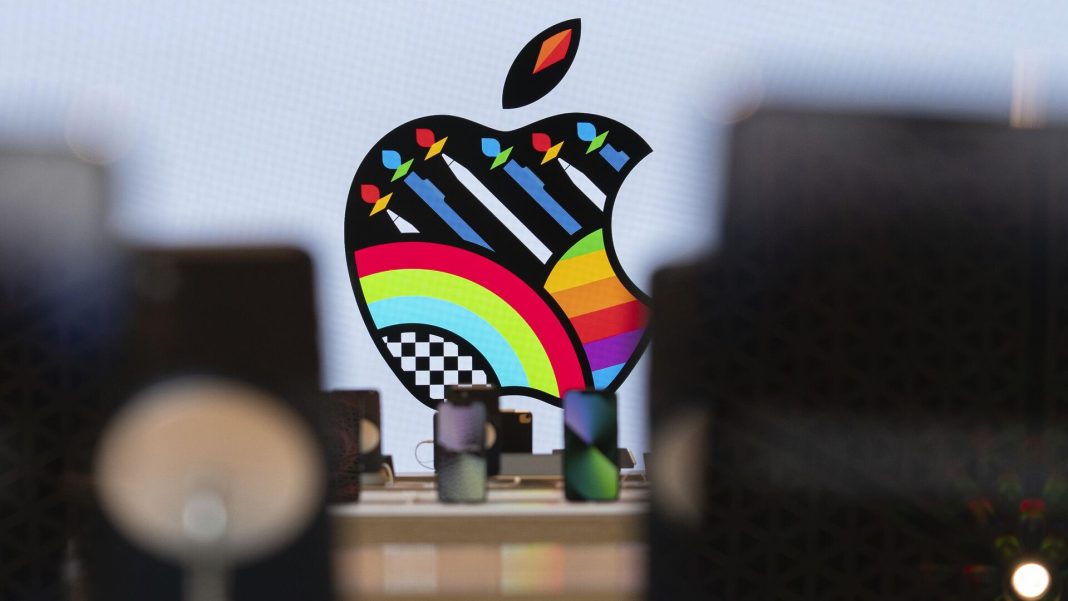Title: AIPAC’s Defeat of Bowman: Unveiling the High Cost of Buying an Election
Introduction:
The recent upset defeat of Rep. Jamaal Bowman by Westchester County Executive George Latimer has sparked a range of perspectives on the factors that contributed to Bowman’s downfall. This article delves into the various viewpoints surrounding the election, shedding light on the role of money in politics and the implications for progressive candidates.
The Role of AIPAC’s Spending:
The New York Times initially published a headline highlighting AIPAC’s spending as a key factor in Bowman’s defeat. However, it was later changed to emphasize other factors such as Bowman’s vulnerabilities and changed district lines. Progressive strategists argue that AIPAC’s significant investment in the race indicates desperation from a pro-war lobby that is out of touch with the majority of Americans, including American Jews.
The Desperation of AIPAC:
AIPAC, along with aligned groups and donors, spent nearly $25 million on the race, with AIPAC alone contributing around $15 million. This unprecedented amount of spending suggests that AIPAC recognized the popularity of Bowman’s progressive platform, which includes defending Palestinian rights and halting weapons to the Israeli military. AIPAC’s ads, interestingly, did not even mention Israel, indicating their awareness of losing ground on the issues.
The Cost of Buying an Election:
The exorbitant spending by AIPAC raises concerns about the state of democracy. Sophie Ellman-Golan, director of strategic communications at Jews for Racial and Economic Justice, highlights that the price tag for buying an election was nearly $25 million. AIPAC’s historic investment in the race reflects their recognition that unconditional support for Israel is unpopular among Democratic voters. This massive spending demonstrates their fear and lack of confidence in their candidate.
Progressive Groups Outspent:
Progressive groups supporting Bowman were outspent by a ratio of 8 to 1, with a total of $1.75 million. Justice Democrats, who backed Bowman’s campaign in 2020, spent $1.3 million on the race and helped raise significant funds for his campaign. The Working Families Party also invested over $500,000 in ads and sent numerous text messages on Bowman’s behalf. The fact that Republican billionaires influenced the outcome of a Democratic primary raises concerns for the entire coalition, not just progressives.
Democrats Allowing Big Money to Shape Elections:
Usamah Andrabi, communications director for Justice Democrats, highlights the takeaway from Bowman’s defeat as Democrats allowing big money, including Republican donors, to shape elections. While Bowman’s loss is not a death knell for progressives, it underscores the threat they pose to the status quo, prompting opponents to spend tens of millions of dollars against them.
AIPAC’s Entry into Electoral Politics:
AIPAC’s recent entry into electoral politics through the launch of two PACs in 2021 has raised questions about the group’s spending. Some liberals and progressives have been hesitant to discuss AIPAC’s influence due to concerns about perpetuating antisemitic tropes. However, Sophie Ellman-Golan argues that the circumstances necessitate an open discussion, as it is crucial to address undemocratic practices and dismantle antisemitism.
Conclusion:
The defeat of Rep. Jamaal Bowman by George Latimer has sparked a broader conversation about the role of money in politics and the influence of interest groups like AIPAC. The significant spending by AIPAC and its allies highlights the desperation and fear they have regarding progressive candidates who challenge the status quo. The high cost of buying an election raises concerns about the state of democracy and emphasizes the need for campaign finance reform.


